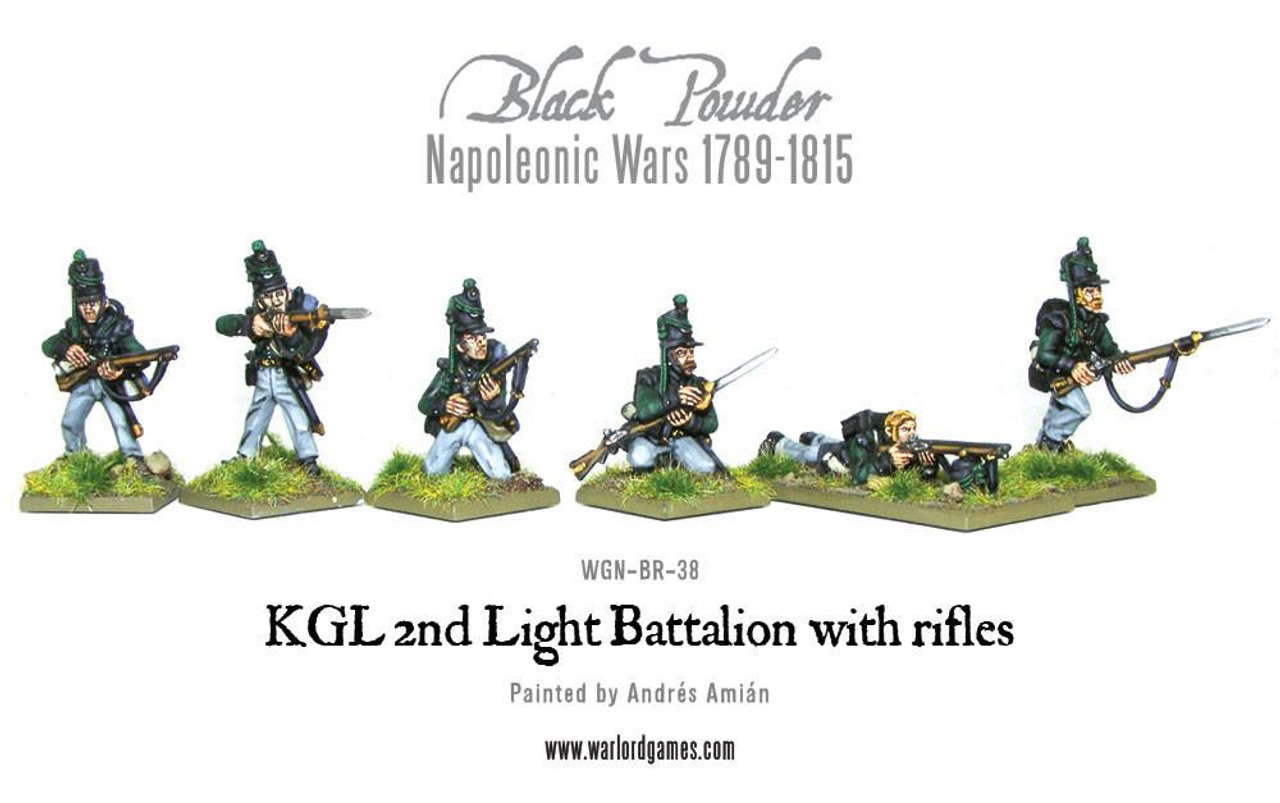

KGL 2nd Light Battalion with Rifles
Warlord Games
MSRP:
Now:
$22.50
(You save
)
- SKU:
- WGN-BR-38
- UPC:
- 5060000000000
- OQ:
- 2
- PT:
- DIR
OQ 2
PT DIR
Recommended
-




Enemy at the Gates Hero Rifle Battalion - SUAB14
MSRP: $110.00Now: $99.00



Soviet Starter Force: BMP Rifle Battalion
MSRP: $120.00Now: $108.00









